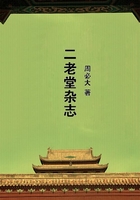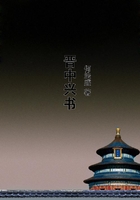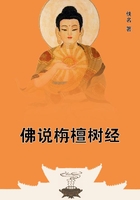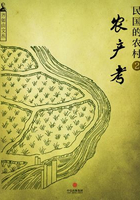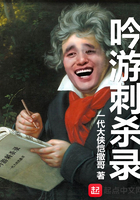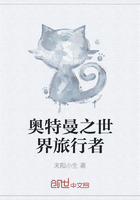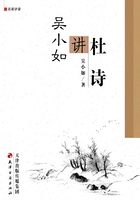The Italian of that time shrank, it is true, from no dissimulation in order to attain his ends, but was wholly free from hypocrisy in matters of principle.In these he attempted to deceive neither himself nor others.Accordingly, revenge was declared with perfect frankness to be a necessity of human nature.Cool-headed people declared that it was then most worthy of praise when it was disengaged from passion, and worked simply from motives of expedience, 'in order that other men may learn to leave us unharmed.' Yet such instances must have formed only a small minority in comparison with those in which passion sought an outlet.This sort of revenge differs clearly from the avenging of blood, which has already been spoken of; while the latter keeps more or less within the limits of retaliation--the 'ius talionis'-- the former necessarily goes much further, not only requiring the sanction of the sense of justice, but craving admiration, and even striving to get the laugh on its own side.
Here lies the reason why men were willing to wait so long for their revenge.A 'bella vendetta' demanded as a rule a combination of circumstances for which it was necessary to wait patiently.The gradual ripening of such opportunities is described by the novelists with heartfelt delight.
There is no need to discuss the morality of actions in which plaintiff and judge are one and the same person.If this Italian thirst for vengeance is to be palliated at all, it must be by proving the existence of a corresponding national virtue, namely gratitude.The same force of imagination which retains and magnifies wrong once suffered, might be expected also to keep alive the memory of kindness received.It is not possible, however, to prove this with regard to the nation as a whole, though traces of it may be seen in the Italian character of today.The gratitude shown by the inferior classes for kind treatment, and the good memory of the upper for politeness in social life, are instances of this.
This connexion between the imagination and the moral qualities of the Italian repeats itself continually.If, nevertheless, we find more cold calculation in cases where the Northerner rather follows his impulses, the reason is that individual development in Italy was not only more marked and earlier in point of time, but also far more frequent.Where this is the case in other countries, the results are also analogous.We find, for example, that the early emancipation of the young from domestic and paternal authority is common to North America with Italy.
Later on, in the more generous natures, a tie of freer affection grows up between parents and children.
It is, in fact, a matter of extreme difficulty to judge fairly of other nations in the sphere of character and feeling.In these respects a people may be developed highly, and yet in a manner so strange that a foreigner is utterly unable to understand it.Perhaps all the nations of the West are in this point equally favored.
But where the imagination has exercised the most powerful and despotic influence on morals is in the illicit intercourse of the two sexes.It is well known that prostitution was freely practiced in the Middle Ages, before the appearance of syphilis.A discussion, however, on these questions does not belong to our present work.What seems characteristic of Italy at this time, is that here marriage and its rights were more often and more deliberately trampled underfoot than anywhere else.The girls of the higher classes were carefully secluded, and of them we do not speak.All passion was directed to the married women.
Under these circumstances it is remarkable that, so far as we know, there was no diminution in the number of marriages, and that family life by no means underwent that disorganization which a similar state of things would have produced in the North.Men wished to live as they pleased, but by no means to renounce the family, even when they were not sure that it was all their own.Nor did the race sink, either physically or mentally, on this account; for that apparent intellectual decline which showed itself towards the middle of the sixteenth century may be certainly accounted for by political and ecclesiastical causes, even if we are not to assume that the circle of achievements possible to the Renaissance had been completed.Notwithstanding their profligacy, the Italians continued to be, physically and mentally, one of the healthiest and best-born populations in Europe, and have retained this position, with improved morals, down to our own time.
When we come to look more closely at the ethics of love at the time of the Renaissance, we are struck by a remarkable Contrast.The novelists and comic poets give us to understand that love consists only in sensual enjoyment, and that to win this, all means, tragic or comic, are not only permitted, but are interesting in proportion to their audacity and unscrupulousness.But if we turn to the best of the lyric poets and writers of dialogues, we find in them a deep and spiritual passion of the noblest kind, whose last and highest expression is a revival of the ancient belief in an original unity of souls in the Divine Being.And both modes of feeling were then genuine, and could co-exist in the same individual.It is not exactly a matter of glory, but it is a fact, that, in the cultivated man of modern times, this sentiment can be not merely unconsciously present in both its highest and lowest stages, but may also manifest itself openly, and even artistically.The modern man, like the man of antiquity, is in this respect too a microcosm, which the medieval man was not and could not be.
To begin with the morality of the novelists.They treat chiefly, as we have said, of married women, and consequently of adultery.

